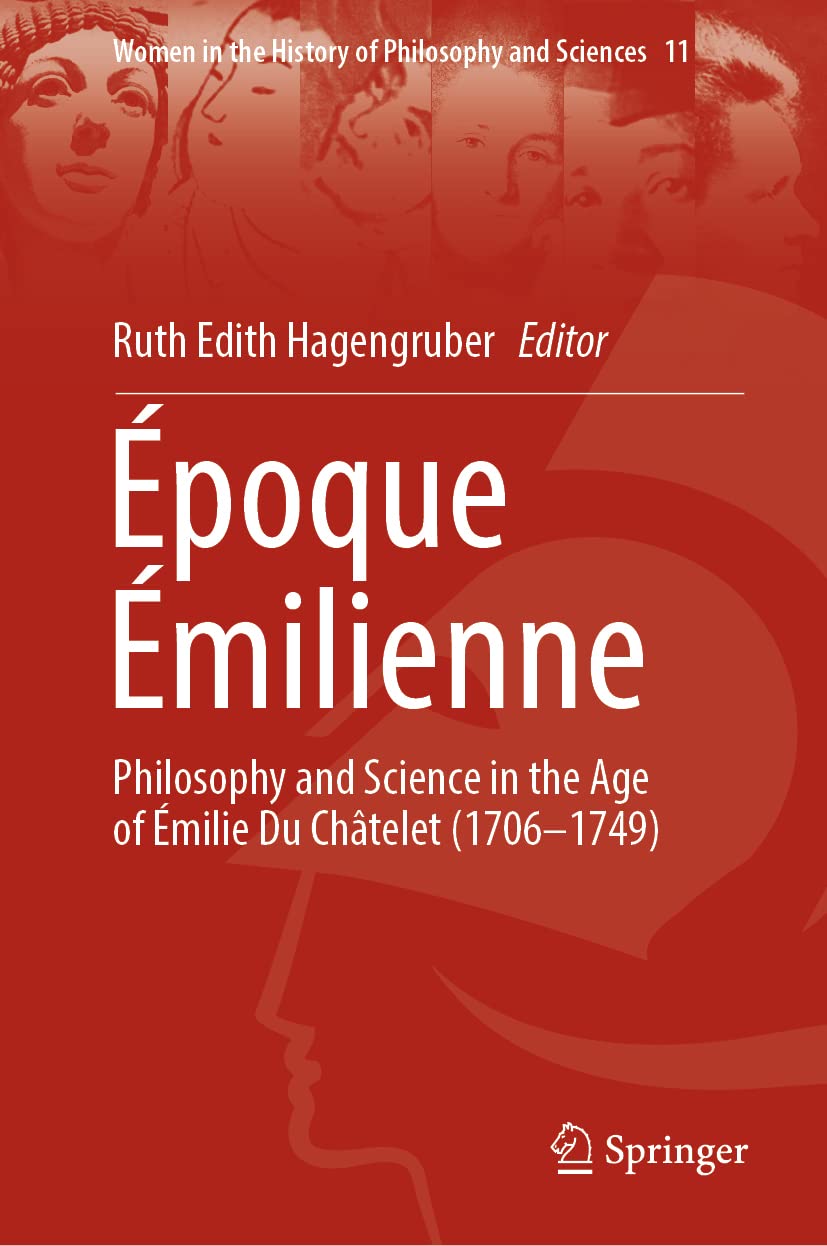

Most ebook files are in PDF format, so you can easily read them using various software such as Foxit Reader or directly on the Google Chrome browser.
Some ebook files are released by publishers in other formats such as .awz, .mobi, .epub, .fb2, etc. You may need to install specific software to read these formats on mobile/PC, such as Calibre.
Please read the tutorial at this link: https://ebookbell.com/faq
We offer FREE conversion to the popular formats you request; however, this may take some time. Therefore, right after payment, please email us, and we will try to provide the service as quickly as possible.
For some exceptional file formats or broken links (if any), please refrain from opening any disputes. Instead, email us first, and we will try to assist within a maximum of 6 hours.
EbookBell Team

4.4
102 reviewsThe present book contextualizes Du Châtelet’s contribution to the philosophy of her time. The editor offers this tribute to an Époque Émiliennee as a collection of innovative papers on Emilie Du Châtelet’s powerful philosophy and legacy.
Du Châtelet was an outstanding figure in the era she lived in. Her work and achievements were unique, though not an exception in the 18th century, which did not lack outstanding women. Her personal intellectual education, her scholarly network and her mental acumen were celebrated in her time, perceiving her to have “multiplied nine figures by nine figures in her head”. She was able to gain access to institutions which were normally denied to women. To call an epoch an Époque Émilienne may be seen as daring and audacious, but it will not be the last time if we continue to bring women philosophers back into the memory of the history of philosophy.
The contributors paid attention to the philosophical state of the art, which forms the background to Du Châtelet’s philosophy. They follow the transformation of philosophical concepts under her pen and retrace the impact of her ideas.
The book is of interest to scholars working in the history of philosophy as well as in gender studies. It is of special interest for scholars working on the 18th century, Kant, Leibniz, Wolff, Newton and the European Enlightenment.